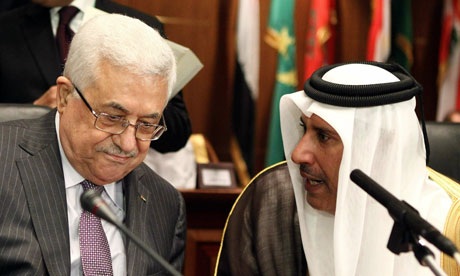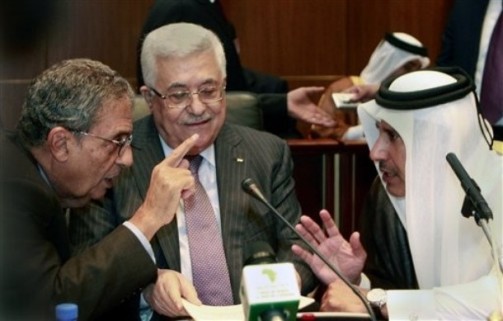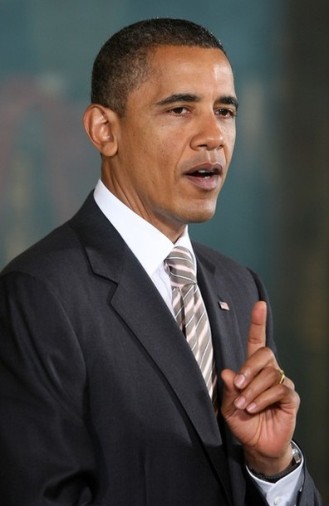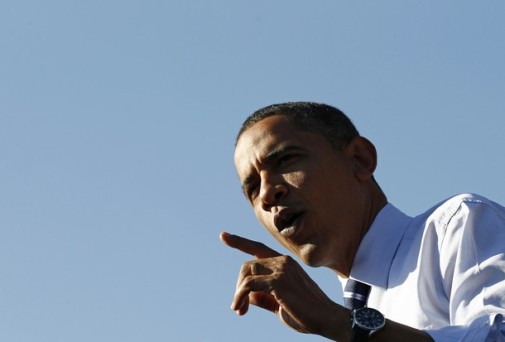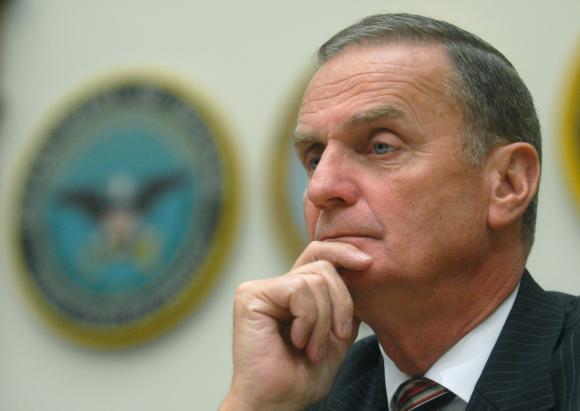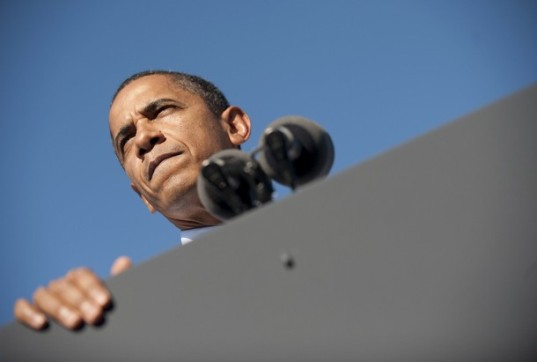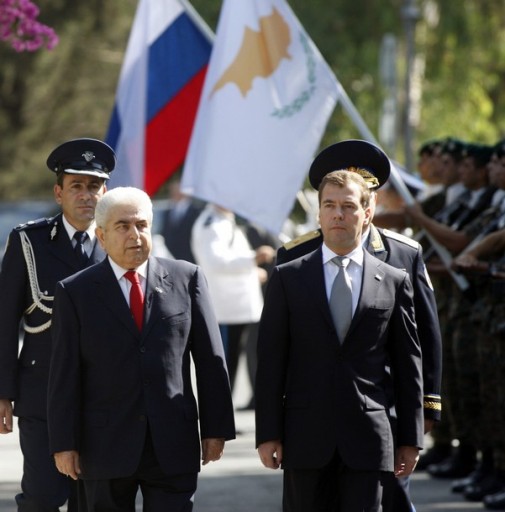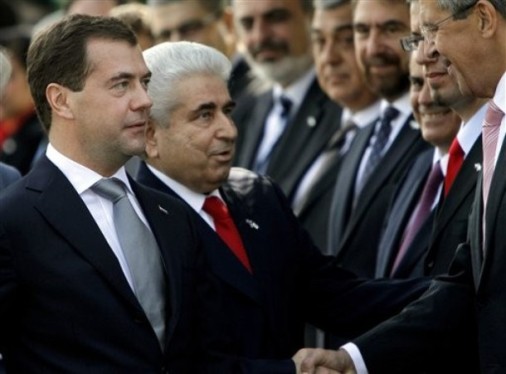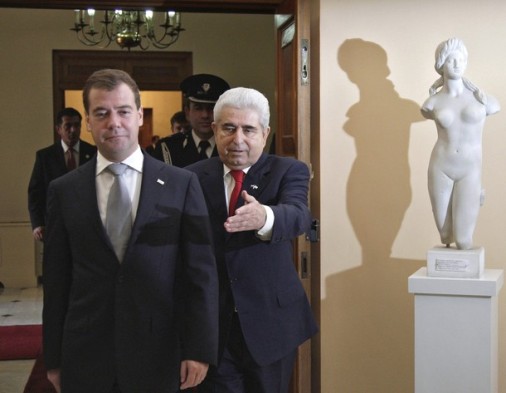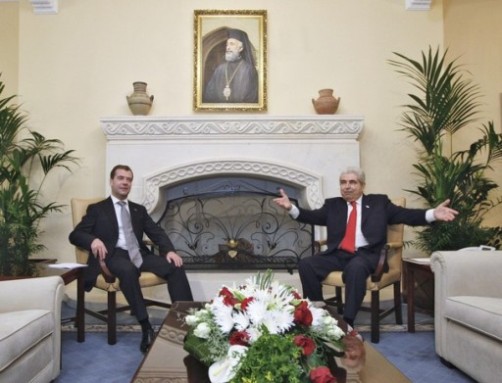 |
| Prime Minister David Cameron and his wife Samantha depart after he delivered his speech at the Conservative Party Annual Conference. Pic: Getty |
October 07, 2010 (KATAKAMI) --- DAVID Cameron has issued a call to arms to the country to get behind the cuts and take an active part in the Big Society. Describing his party as "the true radicals", he used his first conference speech as Prime Minister to appeal to people to get involved.
Invoking the spirit of Lord Kitchener's famous First World War poster, Mr Cameron said: "Your country needs you."
And with an eye to the bad news coming with the Comprehensive Spending Review to be published on 20 October, he appealed to "the spirit that will take us through" the hard times of the cuts.
He claimed his vision of a "Big Society" could see Britain through the turmoil of billions of cutbacks, and he told ordinary voters effectively that they needed to stop sitting at home expecting government to deliver, and instead "step up".
In return, he promised to sweep away bureaucracy to allow a transfer of power from the state to society which, he claimed, would set the country on a fairer and more prosperous course in future.
And he regularly returned to the theme of "working together in the national interest".
Although the speech was warmly applauded by an audience delighted to see their party back in government, it failed to win over some of the doubters.
Mr Cameron's references to the Big Society were often met with silence, and afterwards some critics from the party were uncomplimentary on the internet.
Tim Montgomery, editor of the ConservativeHome website, described the speech as "forgettable" in his tweet on Twitter from the conference hall.
Mr Cameron's speech rounded off a conference in Birmingham which has been dominated by Chancellor George Osborne's announcement on Monday that child benefit was to be abolished for higher-rate taxpayers.
The PM told delegates that difficult decisions would have to be made on the deficit and he appealed for them to work "together for the national interest".
In particular he tackled the issue of ending the universality of child benefit, which many party members saw as an attack on the family.
"But it's fair that those with broader shoulders should bear a greater load."
He promised that he would fulfil his former commitment of getting marriage recognised in the tax system, while hinting that defence cuts may not be as bad as expected.
He received his loudest cheers for traditional Tory lines of renewing Trident and persuading the Lib Dems to agree to a referendum lock to prevent any further transfer of powers to the European Union without a referendum.
But he also reminded dele-gates of the 4,757 days they were out of office from 1997 and joked about the headline which described the party as "a dead parrot" in its darkest days. "It turns out we really were only resting," he added.
The Tory leader told activists unhappy with the Lib Dems that their mandate was not one to rule alone.
He said that a minority government "could have only limped along and achieved nothing" and that the election had given the two parties a mandate for change.
Although he failed to mention Scotland, the Prime Minister reaffirmed his commitment to the Union, while taking a moment furiously to attack the SNP for releasing the Lockerbie bomber Abdelbaset Ali Mohmed al-Megrahi.
"There are some red lines we must never cross," he said. "Like the sight of the man responsible for the Lockerbie bombing, the biggest mass murderer in British history, set free to get a hero's welcome in Tripoli.
"It was wrong, it undermined our standing in the world, and nothing like that must ever happen again."
Mr Cameron only mentioned his main opponent, Labour leader Ed Miliband, once, in an unscripted joke.
But he consciously took on the challenge laid down by Mr Miliband in his conference speech in Manchester last week when he said that the Prime Minister had given up on optimism and was only about cuts.
Mr Cameron said that it was his party now that was about change and society.
He went on: "We are the radicals now, breaking apart the old system with a massive transfer for power, from the state to citizens, politicians to people, government to society.
"Let's leave Labour defending the status quo, the vested interests, the unions, the quangocrats, the elites, the establishment."
And in a sideswipe at Mr Miliband's claim to represent a new generation, Mr Cameron introduced the conference to a 96-year-old Tory activist Harry Beckough. "I tell you something, this is a party for all the generations," he said.
And he won applause with a tribute to party darling Margaret Thatcher as "the greatest peacetime prime minister of the 20th century", and said he would be her host at a celebration of her 85th birthday next week.
Mr Cameron's effort to set the painful programme of expenditure reduction in the context of his Big Society big idea failed to rouse the faithful.
( THE SCOTSMAN.COM )


